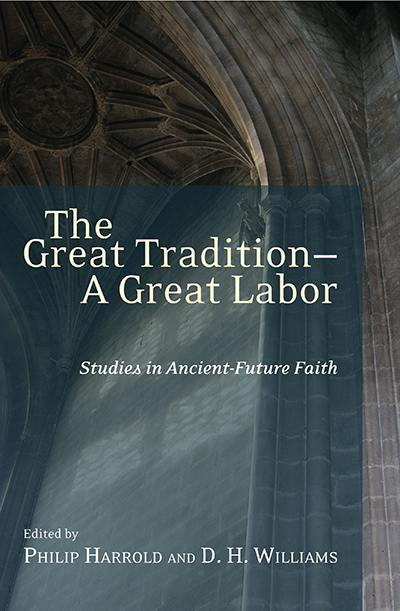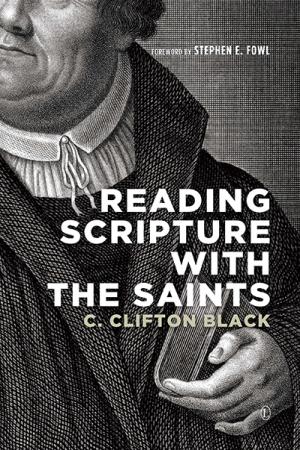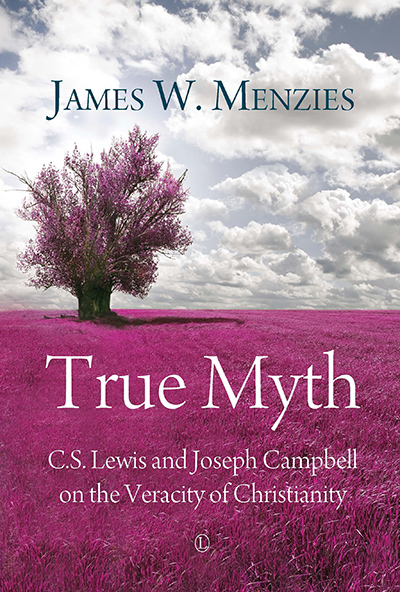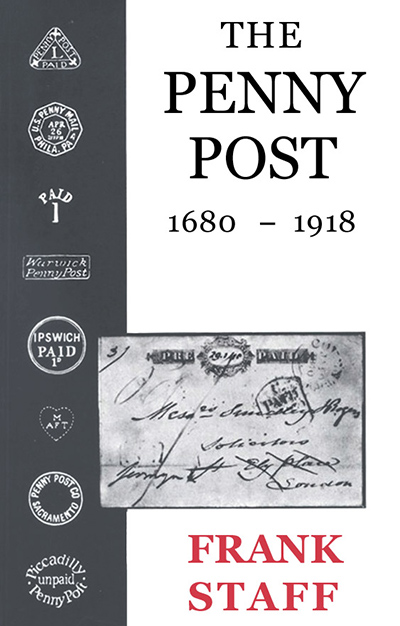Description
Christianity’s Great Tradition, as editor D.H. Williams describes it, is ‘the foundational legacy of apostolic and patristic faith, most accurately enshrined in Scripture and secondarily in the great confessions and creeds of the early church.’ Anglicanism offers a test case of how the modern Church has developed in relation to this legacy. Of particular interest is the highly dynamic process by which a recognizable ‘Anglican Way’ has been preserved and transmitted over the centuries, a process has been enlivened through constant negotiation and exchange with surprising convergences that have brought new life and direction.
Inspired by a conference entitled ‘Ancient-Wisdom-Anglican Features’, the essayists in this volume discuss the issue of what it means to inhabit the Great Tradition ‘authentically’. This dialogue inspires reflection on how one participates in a Church rooted in the canonicity and catholicity of Christian faith, and brings Anglicans into a resurgent ressourcement of the Great Tradition, alongside an increased interest in early Christian worship.
The Great Tradition – A Great Labour further expands upon these ideas by considering what it means to receive and pass on the inheritance of historic Christianity for the sake of transformative worship and community in a post-modern world. Representing different perspectives and denominations, they show how ‘profitable and commodious’ (as Richard Hooker has said) the Great Tradition can be in nurturing the worship, communal life, and mission of the Church. But at the same time they demonstrate how hard it can be to uphold the varied integrities of historic faith in the contemporary marketplace of religion, and especially among evangelicals who continue to follow the Canterbury Trail.
About the Author
D.H. Williams is Professor of Religion in Patristics and Historical Theology at Baylor University, Waco, Texas. William’s recent books include Tradition, Scripture and Interpretation: A Sourcebook of the Ancient Church (2006).
Philip Harrold is Associate Professor of Church History, Trinity School for Ministry (Anglican), Ambridge, Pennsylvania. Harrold’s most recent book is A Place Somewhat Apart: The Private Worlds of a Late Nineteenth-Century Public University (2006).
Contents
List of Contributors
Introduction by Philip Harrold
1. The Labor of Defining and Interpreting the Tradition / D.H. Williams
2. Authentic Participation in the Great Tradition / Tony Clark
3. Presumption, Preparation, Parresia, Perichoresis, and Worship / Edith Humphrey
4. The Future of the Liturgy: A Pentecostal Contribution / Simon Chan
5. Community: To What End? / D. Stephen Long
6. Apostolic Ministry Revisited / George Sumner
7. Emerging Church: A Victorian Prequel / Dominic Erdozain
Endorsements and Reviews
Recently there has been an exciting ‘ancient-future’ ressourcement of the larger church. This work explores the contours and nature of that movement, through a veritable cornucopia of essays, from evangelical, to pentecostal and emerging. This intricate mapping announces that the archives of the church are now open to all, whilst at the same time providing a much needed guide to the use of those resources for Christian formation.
Jason Clark, Emergent UK Coordinator & Pastor, Putney Vineyard Church, London
… a challenging and stimulating book, emanating from an important reawakening within Evangelicalism.
Fr Ian McCormack, in New Directions, August 2012
It reveals that the Great Tradition is still a topic of discussion among Evangelicals who see themselves as struggling with their identity in an ecclesial landscape that, at least in the West, seems dominated by those who appear to have little respect for the tradition. By holding up a mirror to themselves, however, some of the authors reveal that Evangelicals have also been too ready to dismiss the tradition, at least in relation to worship, and even creeds. The ability for self-reflection is a crucial starting point for convergence or reunion in a divided communion.
Mark Chapman, in Journal of Anglican Studies, September 2012
How do we inhabit or indwell this variegated resource? Not primarily by studying doctrinal statements, they [the contributors] say, but by immersing ourselves in the concrete practices of the Church through the ages. It is these practices, rather than theological propositions, that constitute the tradition. What is being rediscovered is the power of liturgical, sacramental worship. You cannot worship liturgically, with an awareness of all that is shared with patristic, medieval, or Reformation sources, without a growing sense of the Church’s extending through time and space, and a corresponding concern for ‘the total well-being of the body of Christ’.
Revd Professor Paul Avis, in Church Times, 9th November 2012
These essays inspire readers to engage more deeply the topics and to explore how they can interact with various contexts for ministry to carry on the Great Tradition. Each of these essays is excellent and contributes to profound depth and breadth within the pages …
Craig Stephans, in Theological Book Review, Vol 24, No 2
Here, Simon Chan’s emphasis on the epicletic orientation of the church can provide a necessary pneumatological resource to ground the church’s practices across traditions, particularly as they are embodied in the Eucharist, as well as supply a key focal point between East and West.
Andrew Kinsey, in Reviews in Religion & Theology, Vol 20, Issue 4
[The Great Tradition – A Great Labour] reveals that the Great Tradition is still a topic of discussion among Evangelicals who see themselves as struggling with their identity in an ecclesial landscape that, at least in the West, seems dominated by those who appear to have little respect for the tradition.
Mark Chapman, in Journal of Anglican Studies, Vol 11, Issue 2






